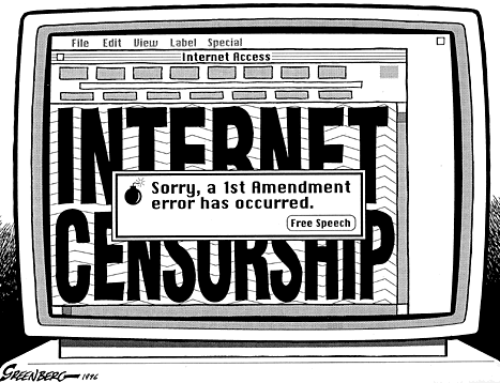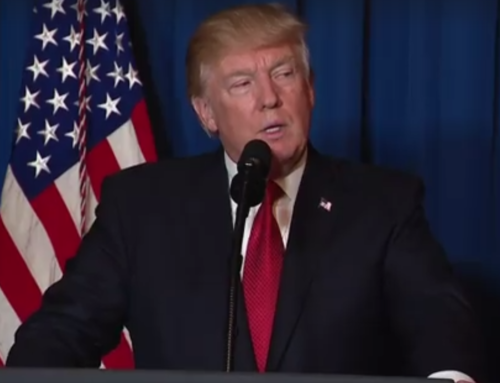Nationwide “March For Truth“ protests were coordinated across dozens of cities this past Saturday (June 3). The protests were “calling for an impartial investigation into alleged Russian interference in the 2016 presidential election,” according to CNN. This demand for transparency reminds us that there is power in demonstrations that exercise freedoms of speech and assembly.
The ability to report on events like these is a democratic right. Amidst a political climate with highly polarized opinions, protecting the verbal battlefield is more important now than ever. The impact of student journalism lies in the ability to report fairly and without fear of retribution.
Students in Burlington, Vermont are guaranteed protections through a bill entitled “New Voices,” recently signed by Governor Bill Scott. The legislation was designed to shield students and advisers from censorship by school officials. The governor cited a responsibility to provide students with the opportunity to get involved in major social and political issues without hindrance. By passing the bill, the state of Vermont is legitimizing work produced by student journals. Controversial issues must not be avoided if youth are to remain civilly engaged.
Similar efforts at protecting student journalists have sprouted in other states. Nevada signed the same “New Voices” bill into law, recognizing the importance of protecting student rights. In an article from the Nevada Appeal, there’s a reference to a 1980’s U.S. Supreme Court decision, Hazelwood School District v. Kuhlmeier. The Justices ruled there is no violation of constitutional rights when students are silenced in an academic setting. State legislation led by student activism indicates momentum to overturn the ruling.
There is still much work to be done to protect student voices. Arizona passed a version of the bill through its House and Senate but it was vetoed by Governor Doug Ducey. As justification for the thumbs down, Ducey cited students’ “minor” status as rendering them unable to enjoy First Amendment rights in an academic environment. But does this explanation suffice? I believe it serves to undermine journalistic work from students by invalidating their person-hood.
Students may not be of consenting age when it comes to certain spheres, but the classroom is where First Amendment values and ethics should be fostered. The ability to report on relevant issues is important for children and adults, journalist and reader alike. Students need to be part of the dialogue about the world they’ll inherit.






[…] on IWPA website June 8, 2017 by Ana […]